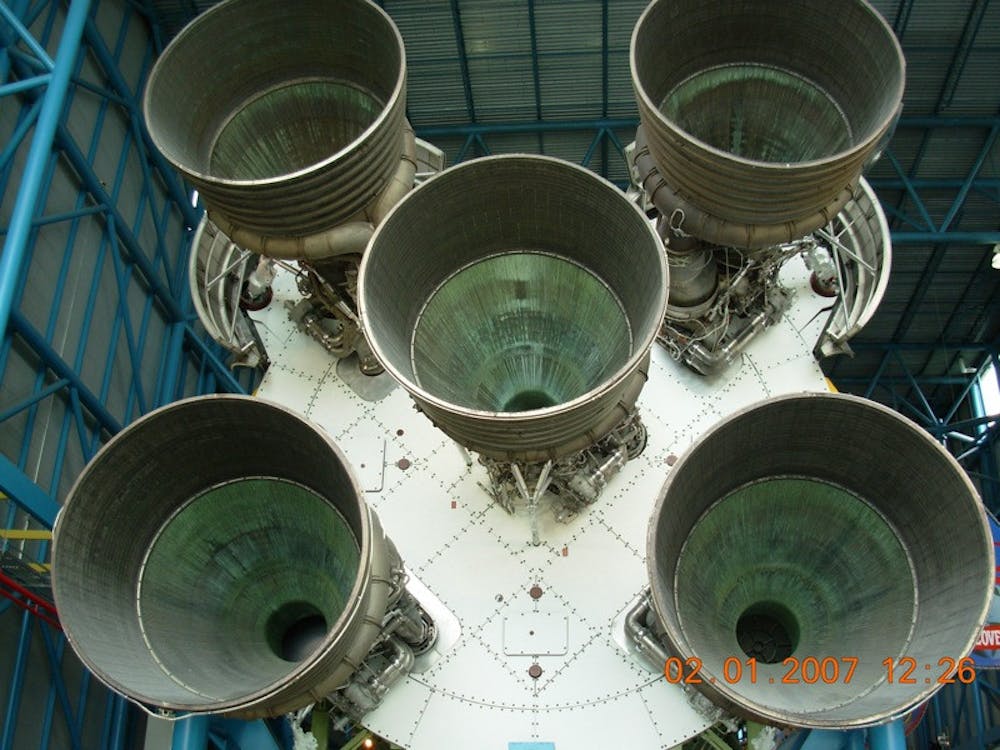Octavia Feliciano
Staff Writer
The remains of a rocket booster that helped launch a climate observation satellite in 2015 are on a path to collide with the earth’s moon. Experts predict the collision will occur on March 4 at 7:25 a.m.
The New York Times reports that the crash is not expected to cause significant disruption, but it is expected to provide scientists the opportunity to learn more about crash sites and the materials that lie under the surface of the moon. There is a consensus among astronomers that the crash will create a new crater on the far side of the moon — the side that always faces away from the earth. One professor of Earth and space exploration at Arizona State University, Mark Robinson, told the Times he expects this crater to be about 65 ft in diameter.
Holger Krag, head of the European Space Agency's Space Debris Office, told CNN it is not uncommon for a spacecraft to be deliberately crashed on the moon’s surface at the end of a mission, to avoid the dangers that might come with it crashing onto earth. However, Krag said that unplanned crashes, like the one set to occur in March, are less common, and have not previously been closely monitored or recorded.
Jonathan McDowell, an astronomer working with Harvard and the Smithsonian Center for Astrophysics, concurred with Krag, telling CNN that no safety protocols were neglected in the rocket booster’s operation, “This is not 'SpaceX did something bad' -- it's perfectly standard practice to abandon stuff in deep orbit.”
What may be discovered from observing this crash and its aftermath remains to be seen. Other intentional satellite crashes into the moon have yielded interesting information to scientists. Notably, NASA’s Lunar Crater Observation and Sensing Satellite ( LCROSS) mission was able to confirm the presence of ice on the moon in 2009, confirming their scientists’ hypothesis that the large amounts of hydrogen detected on the moon might be from the presence of water molecules.
Smithsonian Magazine reported that Bill Gray, an independent researcher and data analyst who designed the Guide Astronomy Software to keep track of near-earth objects like asteroids, comets and “space junk,” was the first to publicize the details of the impending crash.
In an interview with the Washington Post, Gray said, “I realized that my software complained because it couldn’t project the orbit past March 4. And it couldn’t do it because the rocket had hit the moon.”
McDowell spoke with CNN about the impediment the debris left behind from space travel, like this SpaceX rocket booster, could pose to the future of space exploration, as each mission adds an increasing amount of debris to space for future astronauts, satellites, and probes to contend with.
"Traffic in deep space is increasing. And it's not just the USA and [Russia] sending stuff to deep space, it's many countries and even commercial companies like SpaceX. So I think it's time for the world to get more serious about regulating and cataloging deep space activity" said McDowell.







